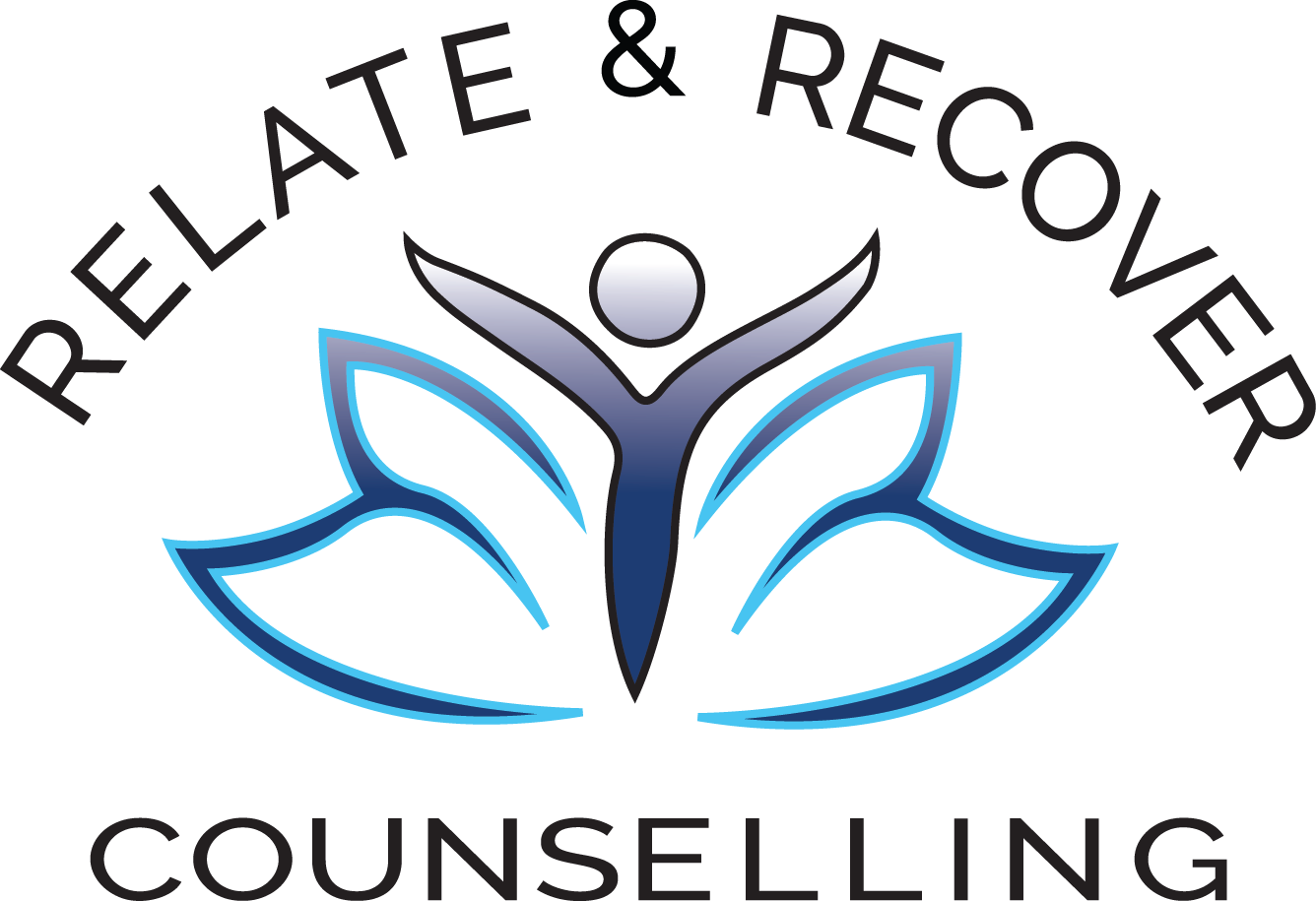
Substance Abuse and Addictions
What is Addiction?
Addiction is how people soothe pain. Addiction is a symptom and a behaviour that is habitualized and used to emotionally regulate the nervous system during triggering and stressful times. Dr. Gabor Mate, a Canadian physician and addiction expert who specializes in mental health, describes addiction as having three main components:
Complusion to use the substance or behaviour
Craving for the substance or neurobiology of the behaviour to regulate the nervous system
Continued use despite the negative consequences
It is often the consequences from the behaviour or use of substances, that indicate an addiction is present. Some consequences of an addiction include:
Increased intensity, frequency and/or risk to achieve desired effect
Secrets and keeping a part of life hidden
Being driven to sex as a means to hide from the troubles in one’s life
Unable to fulfill social, relational and occupational obligations
Distress, anxiety, restlessness or irritability if unable to engage in the behaviour or use the substance
Severe mood changes related to sexual activity
I have included a video that discusses how addiction soothes emotional pain and helps individuals not feel.
Addiction is not about a choice or a disease, but a physical and physiological symptom of an attempt to solve a deeper issue occurring internally.
Do we need to rethink addiction?
“Addiction is manifested in any behaviour that a person craves, finds temporary relief or pleasure in but suffers negative consequences as a result of, and yet has difficulty giving up.”
— Dr. Gabor Mate
Multiple Addictions
Often individuals participate in multiple processes, substances or behaviours to regulate their central nervous systems under certain states of stress.
This is known as co-addiction, cross addiction, addiction interaction and many more terms. Broadly, it is areas in people’s lifestyles that are in excesses and deprivations to the point of severe consequences in their lives.
These excesses and deprivations can include combinations with:
Pornography Dependence
Work
Co-dependency
Food
Exercise
Essentially, the emotional states and neurobiology of intensity and avoidance put people into autopilot. The main focus of our work is to build capacity for choice, develop more meaning in life and work towards a lifestyle that provides more satisfying days, than not.
The main focus of our work is to build capacity for choice, develop more meaning in life and work towards a lifestyle that provides more satisfying days, than not. In our work together, I can help you to understand your particular cycle of problematic combinations.
Please contact me if you’re ready to get started today and have additional support.
